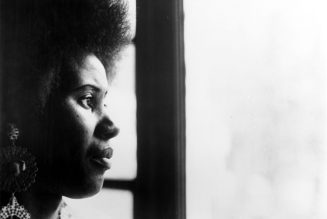
This year the dance music community mourned the loss of Pierce Fulton, a star talent—gone far too soon—whose presence continues to be missed.
In 2014 on this day, September 1st, Fulton released his late-summer smash “Kuaga,” according to the song’s Beatport listing. It went on to become one of the most beloved electronic music tracks of the past decade.
Like most great works, “Kuaga” was written by Fulton with humble expectations. Derived from Swahili, “Kuaga,” meaning “farewell,” was Fulton’s way of mentally moving on from the current chapter of his professional career. It was the last song of his existing record deal, and he was ready to spread his wings elsewhere. In a 2017 Reddit AMA, he even admitted to thinking of the song as a “throwaway” at the time.
However, history had vastly different plans.
Recommended Articles
With invigorating production, a shout-it-from-the-mountaintops vocal chorus, and a timeless call to seize the moment, “Kuaga” had the makings of a song that would inspire a generation of progressive producers who would look to channel the same dauntless spirit the song evoked.
“Basically if a crowd wants Kuaga for an hour and a half I could totally do that,” Fulton once joked.
Earlier in 2014 Fulton was riding the wave of his breakout hit “Runaway,” a track that landed the producer squarely in the spotlight and catapulted him to the top of the Billboard Emerging Artists chart. Suddenly, when he least expected it, it was déjà vu for Fulton as “Kuaga” would eventually propel to #38 on the Hot Dance/Electronic Songs chart.
As the adage goes, “People won’t remember what you said or did, they will remember how you made them feel.” For fans of Pierce Fulton the perennial chase of unencumbered euphoria lives on in the legacy of his music, and the magic is showing no signs of wearing off any time soon.
Fulton tragically passed away in April 2021 from an apparent suicide after struggling with his mental health. Friends and family have been fundraising in his name for The The Yellow Tulip Project, a nonprofit with the goal of normalizing conversations about mental health issues. You can donate here.









